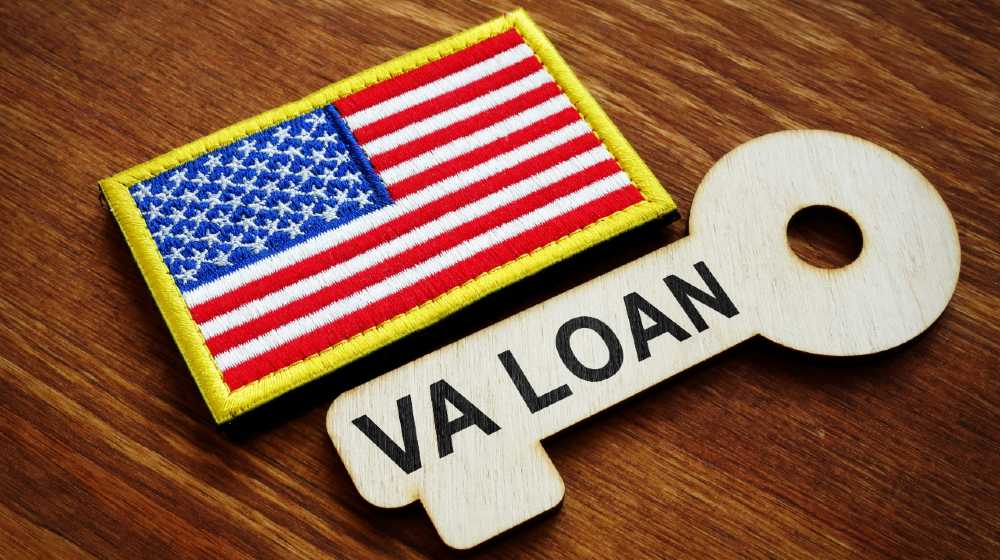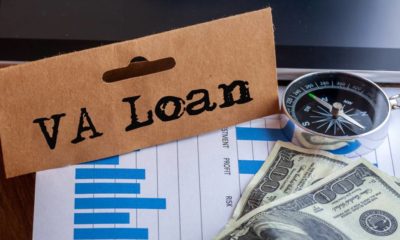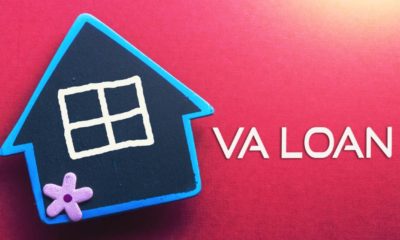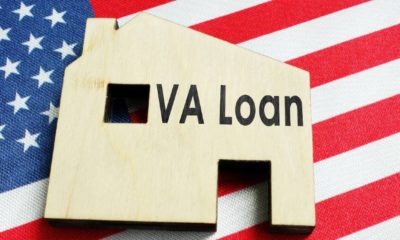Veterans Administration (VA) loans are some of the most common types of loans used in today's financing market. They offer many benefits to eligible borrowers and are mainly used to buy, refinance, and even improve a home.
RELATED: 5 Tips For a Home Mortgage Loan Approval
10 Must-Know Things Before Applying for a VA Loan
Here are 10 important things one should know before applying for a VA loan:
1) It is a guaranteed loan. A Veterans Administration loan is a guaranteed loan by the U.S. Department of Veterans Affairs, which means the lender who provides financing to the borrower is protected against loss if the buyer fails to repay the loan.
2) Not everyone can qualify for a VA loan. One needs to be a veteran or active duty service personnel in order to qualify for VA financing. Veterans can apply for VA financing with any mortgage lender that participates in the VA home loan program, and a valid certificate of eligibility (COE) must be presented along with credit and income requirements in order to qualify for the loan.
3) It offers lower-than-usual rates to eligible veterans. With a VA loan, the borrower usually receives a lower interest rate than is ordinarily available with other loan types. Also, a VA loan can be used to obtain lower rates on refinances up to 100% loan to value.
4) It offers more flexible credit guidelines. The minimum credit score accepted for a VA loan is about 620, however, depending on unique circumstances some lenders may accept a credit score as low as 550.
Also, even though other loan types may offer similar credit score guidelines, a credit score of 620 for a Conventional or FHA loan will have more obligations to the borrower and will require a larger down payment.
5) There is no private mortgage insurance (PMI) required on VA Loans, and the program can also be used to eliminate Mortgage Insurance (MI) on other loans. For example, one can refinance an existing loan by changing their loan program to a VA loan, therefore, eliminating the PMI and reducing the monthly mortgage payment.
Although mortgage insurance is not required for VA loans, the VA charges a funding fee to issue a guarantee to a lender against borrower's default on a mortgage; however, unlike PMI, which is present for the life of the loan on other types of loans such as FHA and USDA, the funding fee (FF) may be paid upfront in cash by the buyer or seller, or it may be financed into the loan amount.
There are also lender-paid funding fee credit options available on VA financing if requested up to 3.3%, and some veterans may even be exempt from paying a funding fee on their loan (additional documentation required).
6) Veterans Administration loans often do not require a down payment. Usually, a VA loan does not require a down payment, however, if the loan amount exceeds the VA limit for the county where the property is located, the borrower will have to come up with a down payment.
The down payment will vary depending on the borrower's remaining VA entitlement amount and the purchase price or appraised value of the home and will constitute a percentage of the difference between the two.
7) One may be eligible for more than one Veterans Administration loan at the same time. There is not a limit on how many VA loans one can have at once as long as there is a remaining VA entitlement to be used.
For loans above $144,000, the entitlement amount is usually 25% of the VA financing limit for the county where the subject property is located.
8) There is no pre-payment penalty on Veterans Administration loans. Any VA loan can be paid in full at any time, which is a great advantage since it can help one save tremendous amounts of money on interest.
9) The seasoning period for bankruptcies, foreclosures, or short sales are shorter for Veterans Administration loans when compared to other types of loans such as Conventional or FHA.
In most cases, one can qualify for a VA loan after 2 years of filing for bankruptcy or foreclosing on their house in contrast to a period of 4 years for bankruptcy and 7 years for foreclosure on a Conventional type loan.
10) It can only be used to purchase a primary residence. The VA benefits cannot be used to purchase a second home or an investment property; however, it can be used to refinance a VA loan that has been previously occupied as a primary residence to lower the interest rate (VA IRRL).










